sage, (Salvia officinalis), also called common sage or garden sage, aromatic herb of the mint family (Lamiaceae) cultivated for its pungent edible leaves. Sage is used fresh or dried as a flavoring in many foods. Sage is a perennial plant that grows about two feet tall. The oval leaves are rough or wrinkled and usually downy; the color ranges from gray-green to whitish green. The flowers are borne in spikes and feature tubular two-lipped corollas that are attractive to a variety of pollinators, including bees, butterflies, and hummingbirds. The flowers can be purple, pink, white, or red and produce nutlet fruits. Description from britannica.com
Home > Plant Guide >
Scientific Name
Family
Garden Type
Wildlife
Native Plant Region
Light needs
Water Needs
Plant Type
Bloom Color(s)
Height
Width
Months in Bloom
Safe Beneath Power Lines?
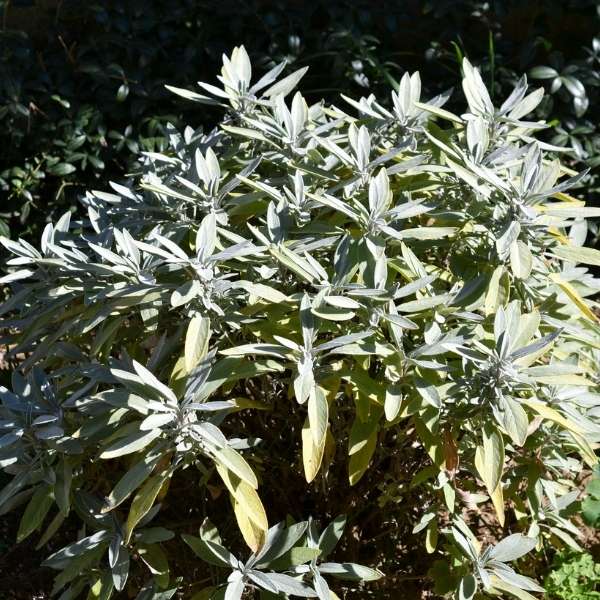
We’d like to maintain accurate and robust plant listings. If you see information that is not correct or that could be added to improve the listing, please let us know. Or if you’d like to suggest a plant to add to our plant guide, you can use this form do so. Thank you!
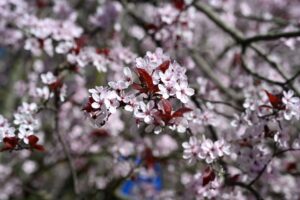
Gardeners can check out seeds for free from the library to plant. Then after harvest, gardeners bring seeds back to the library for others to enjoy in future growing seasons.
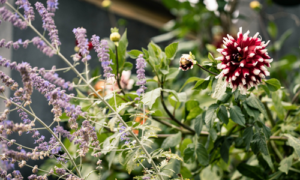
Learn about container gardening with shrubs, trees, herbs, veggies, perennials, and annuals. A special focus will be on plantings that provide pollinators with food and that encourage bird habitat.
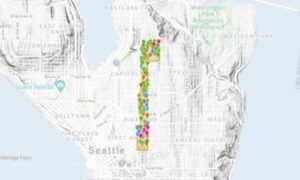
Get involved by sharing and mapping the birds, animals and nature around you to help the community understand the biodiversity in our neighborhood.
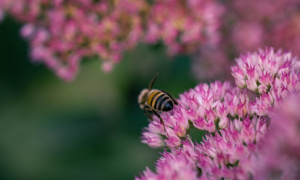
This workshop will guide you through the process and materials needed to help you decide if Mason Bees are right for you and your garden, whether you have a small deck or an open garden.
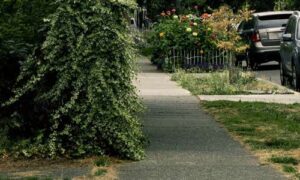
Start a garden in a planting strip along the street. Explore our interactive corridor map, find what to grow, and start nurturing today.
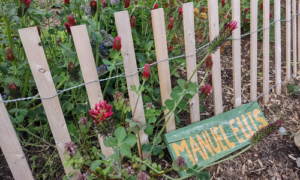
Three inspiring local food justice practitioners will share how their work in urban farming improves access to healthy foods, fosters relationships to land, and builds community.
Nature of Your Neighborhood is a collaboration between Birds Connect Seattle, the Capitol Hill EcoDistrict, and the Seattle Bird Conservation Partnership. Our goal is to foster relationships between the people and the nature of their neighborhoods.